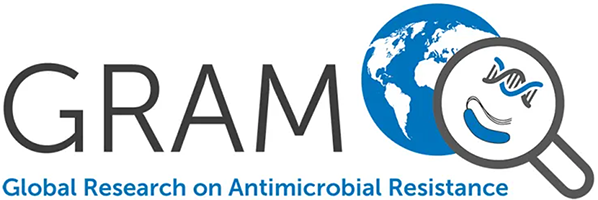Therapeutic Administration of a Monoclonal Anti-Il-1β Antibody Protects Against Experimental Melioidosis.
Weehuizen TAF., Lankelma JM., De Jong HK., De Boer OJ., Roelofs JJTH., Day NP., Gram H., De Vos AF., Wiersinga WJ.
BACKGROUND: Melioidosis, caused by the gram-negative bacterium Burkholderia pseudomallei, is a common cause of community-acquired sepsis in Southeast Asia and Northern Australia. The NLRP3 inflammasome and its downstream product interleukin-1 beta (IL-1β) have been proposed to play crucial roles in melioidosis. In this study, we characterized the role of IL-1β more closely and we assessed its therapeutic potential. METHODS: mRNA expression of inflammasome components was determined in isolated leukocytes of 32 healthy controls and 34 patients with sepsis caused by B pseudomallei.Wild-type (WT), NLRP3-deficient (Nlrp3), and Asc mice were infected with B pseudomallei. In additional experiments, infected WT mice were treated with an anti-IL-1β antibody. After 24, 48, and 72 hours (h) mice were sacrificed and organs were harvested. Furthermore, survival studies were performed. RESULTS: Patients with melioidosis exhibited lower mRNA levels of caspase-1, NLRP3, and ASC. Bacterial dissemination and organ damage were increased in B pseudomallei-infected Nlrp3 and Asc mice, together with a reduced pulmonary cell influx. Anti-IL-1β treatment of B pseudomallei challenged mice resulted in strongly reduced bacterial counts, organ damage, and pulmonary granulocyte influx together with reduced mortality. Postponement of anti-IL-1β treatment for 24 h postinfection still protected mice during melioidosis. CONCLUSION: Expression of caspase-1, NLRP3, and ASC is altered in melioidosis patients. In mice, both NLRP3 and ASC contribute to the host defense against melioidosis. Anti-IL-1β treatment protects mice against B pseudomallei infection and might be a novel treatment strategy in melioidosis.

